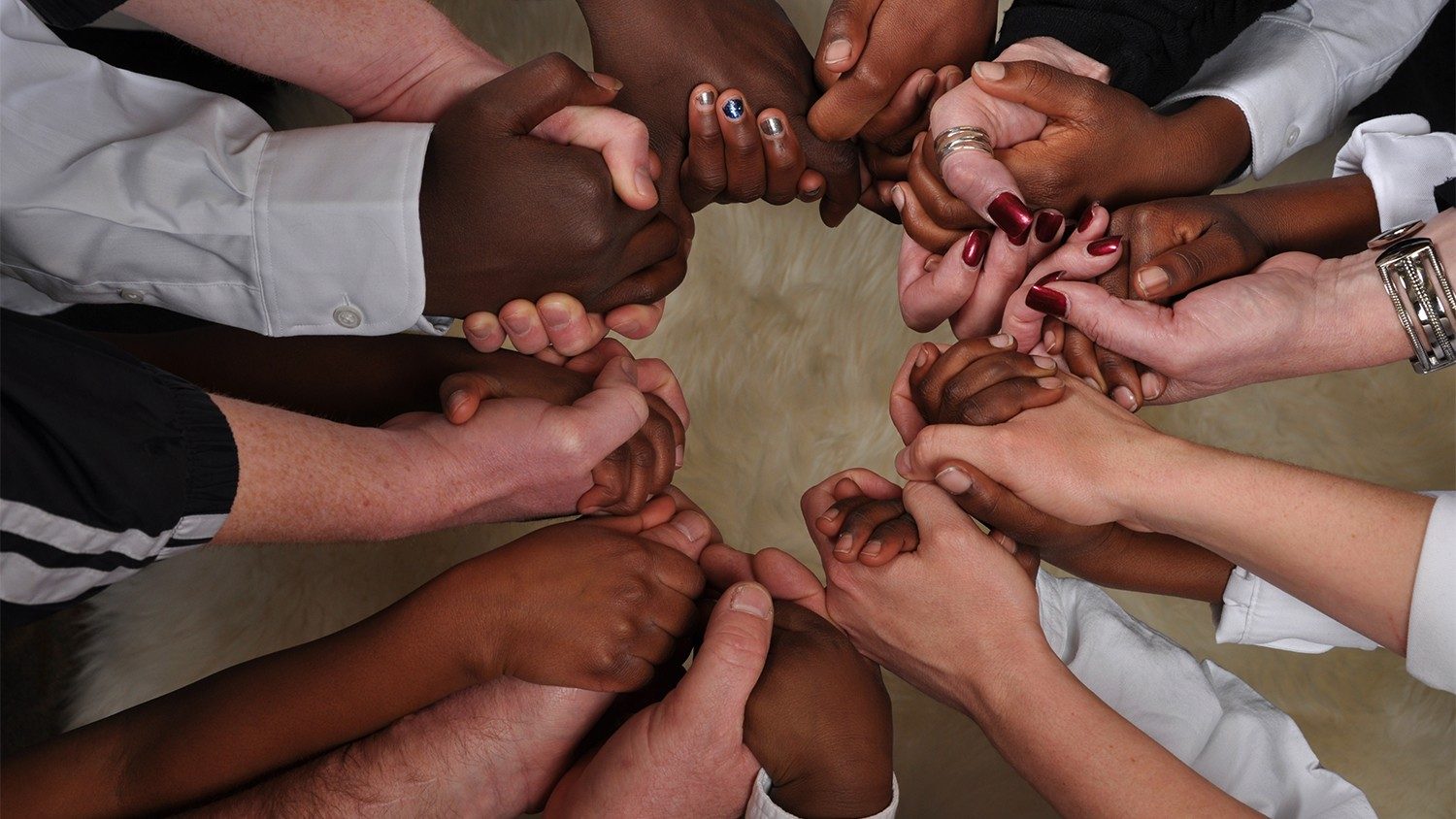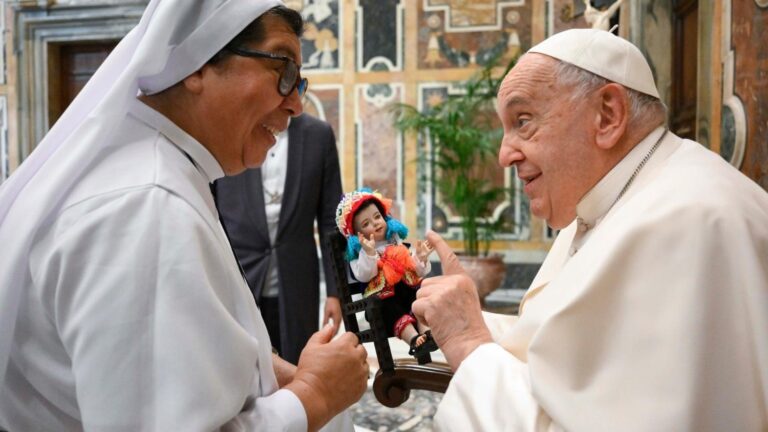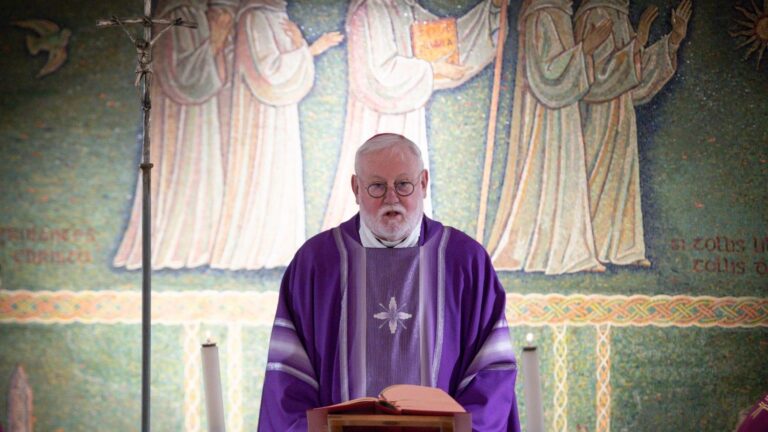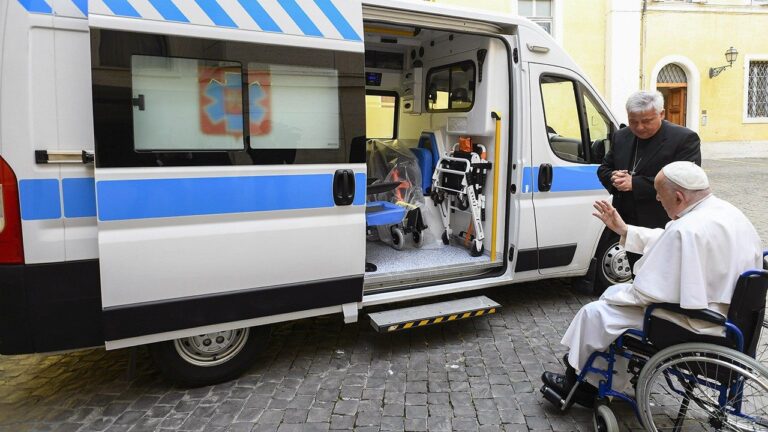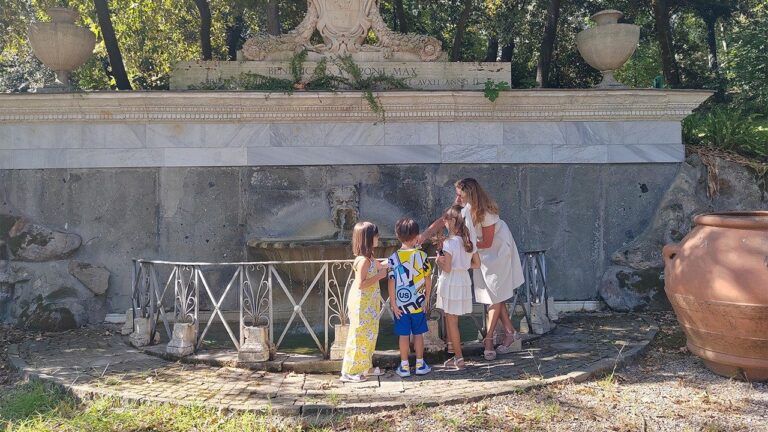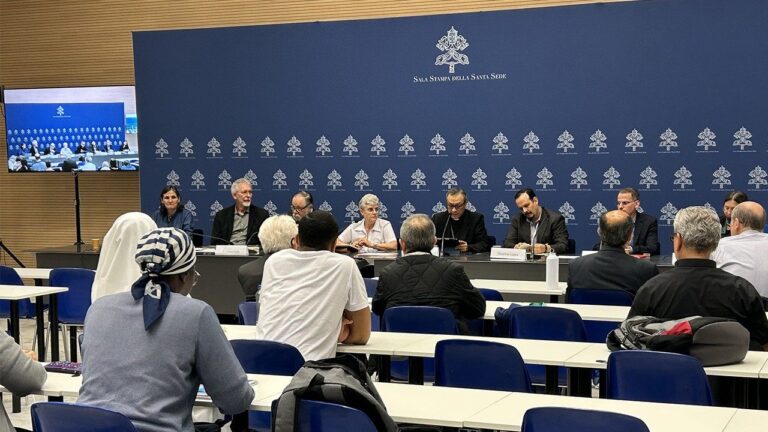Holy See reaffirms importance of fostering a culture of peace
The representative of the Holy See at the United Nations High-level Forum on the Culture of Peace reaffirms the common commitment to working for a culture of peace at all levels of society, efforts that are essential for present and future generations.
By Thaddeus Jones
A High-level Forum on the Culture of Peace, under the theme “Cultivating and Nourishing a Culture of Peace for Present and Future Generations,” was held on Friday, 2 August, at United Nations Headquarters in New York. The meeting marked the 25th anniversary of the United Nations Declaration and Programme of Action on a Culture of Peace.
Building on 25 years of promoting peace
The Permanent Observer of the Holy See to the United Nations in New York welcomed the convening of the High-Level Forum and reaffirmed the commitment to cultivating and sustaining a culture of peace. Archbishop Gabriele Caccia said that this opportunity provides an opportunity to build on the areas of action outlined in the original Declaration issued 25 years ago, which today offer “a solid foundation for fostering a culture of peace at all levels of society.”
Pacem in Terris today
Recalling the encyclical letter of Pope John XXIII published more than sixty years ago, Pacem in TerrisBy establishing universal peace in truth, justice, charity and freedom, Archbishop Caccia said that this “imperative call to establish peace” still rings urgent and relevant today to advance the cause of peace.
Appreciate human dignity
Working toward a culture of peace requires recognizing the inherent dignity of every person, Archbishop Caccia explained. Recognizing and acting on this truth about the human person is essential for peace, he stressed, adding that this understanding can be transmitted within the family and through education as children “gain an understanding of God’s common and inherent human dignity.” It continues as they develop their talents and prepare to engage in their own vocation in life.
Working for justice, globalizing solidarity
Another key step in the search for peace is to establish justice in the social and economic spheres, particularly by addressing the problems of poverty, hunger and inequality, Archbishop Caccia stressed.
He then stressed that global solidarity must be encouraged, as not everyone has been able to benefit from the positive developments resulting from globalization, where the lucky ones have become “citizens of the world” while many others are “citizens of nowhere” as seen with the growing phenomenon of migration.
Freedom for all
Finally, freedom is necessary for human development, particularly in the religious sphere, and allows one to freely express one’s beliefs, pursue one’s aspirations and participate in society, all of which can foster a culture of peace that can flourish. At the same time, he stressed, freedom is not just the individualistic pursuit of selfish interests, but rather “the freedom to love and give oneself to others in the service of the common good.”
Recalling Pope Francis’ words in conclusion, Archbishop Caccia said that “peace is the fruit of relationships that recognize and welcome the other in his or her inalienable dignity, and of cooperation and commitment in seeking the integral development of all individuals and all peoples.”
The High-level Forum on a Culture of Peace was established 25 years ago, on 13 September 1999, by the United Nations General Assembly, which adopted resolution 53/243 on the Declaration and Programme of Action on a Culture of Peace. Since then, the General Assembly has adopted a resolution in this area every year to promote a culture of peace and non-violence, emphasizing its enduring value for the benefit of humanity and future generations.
